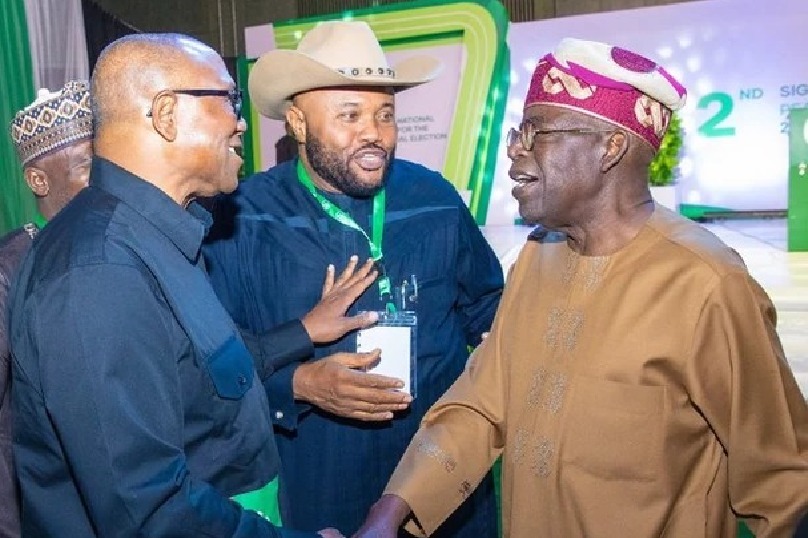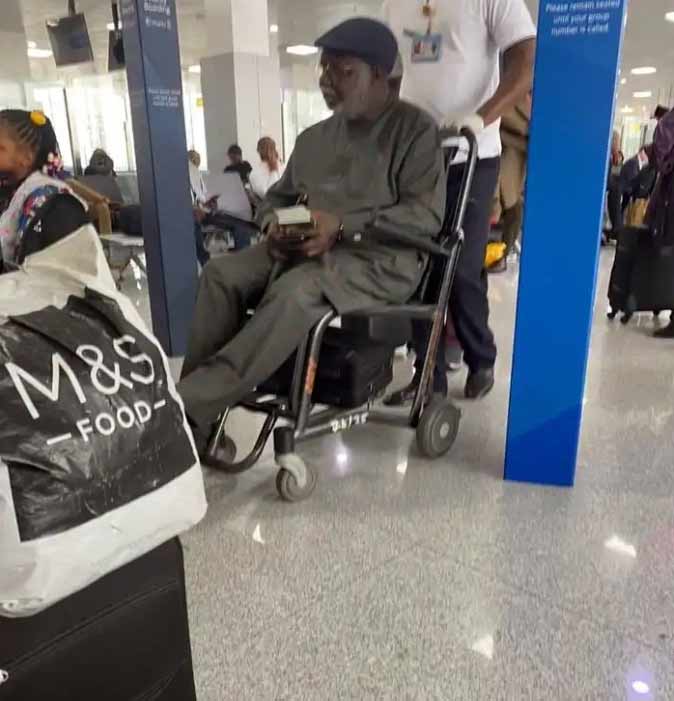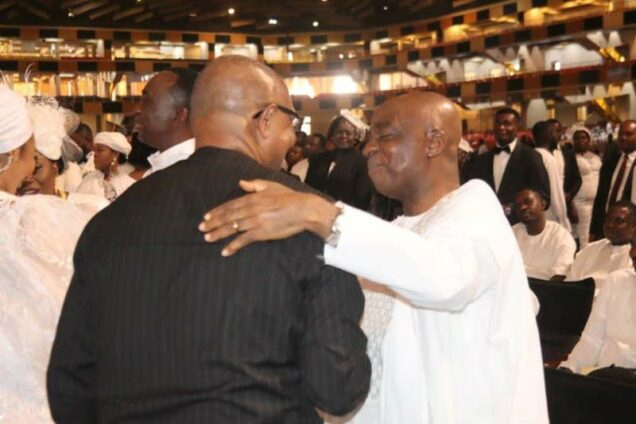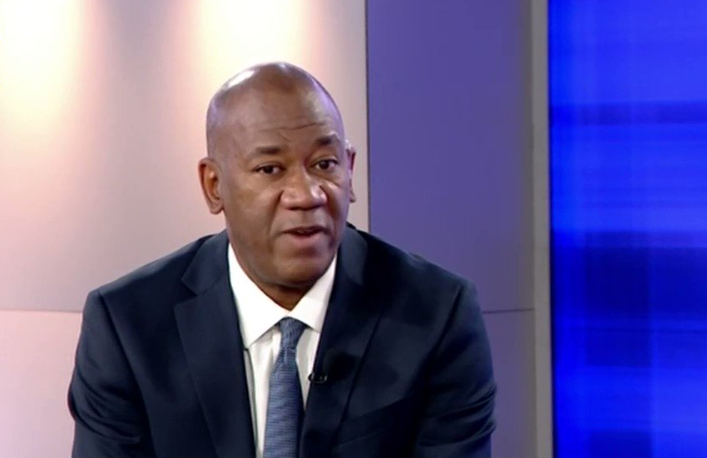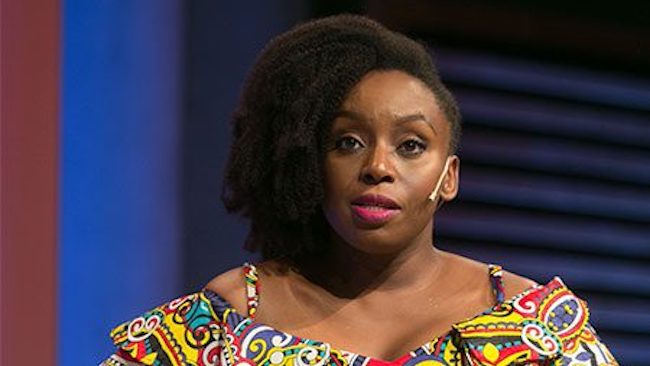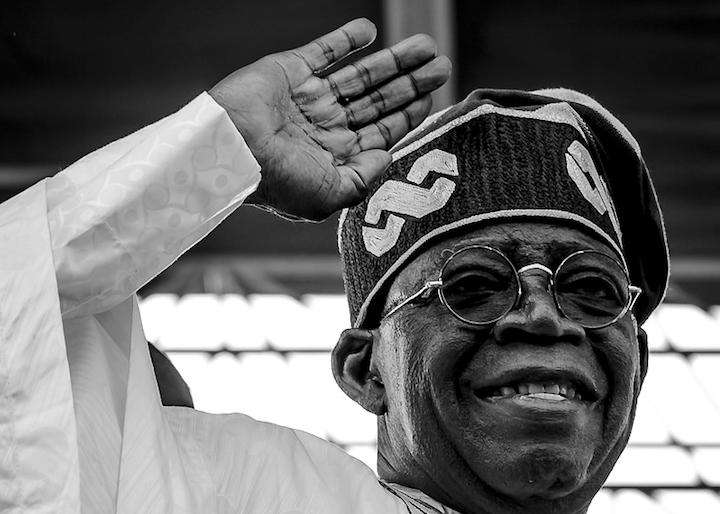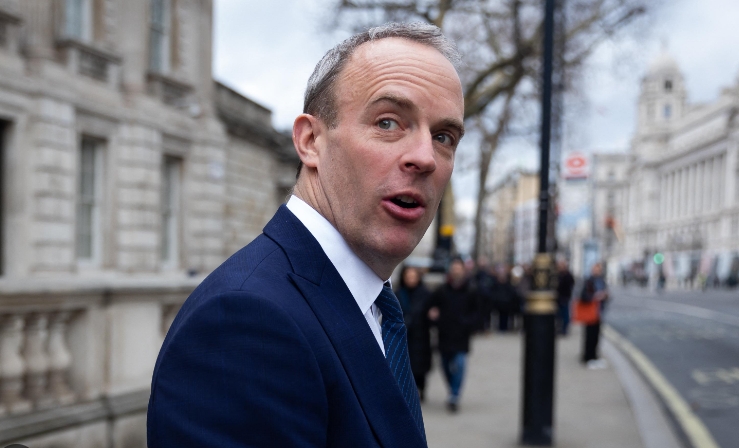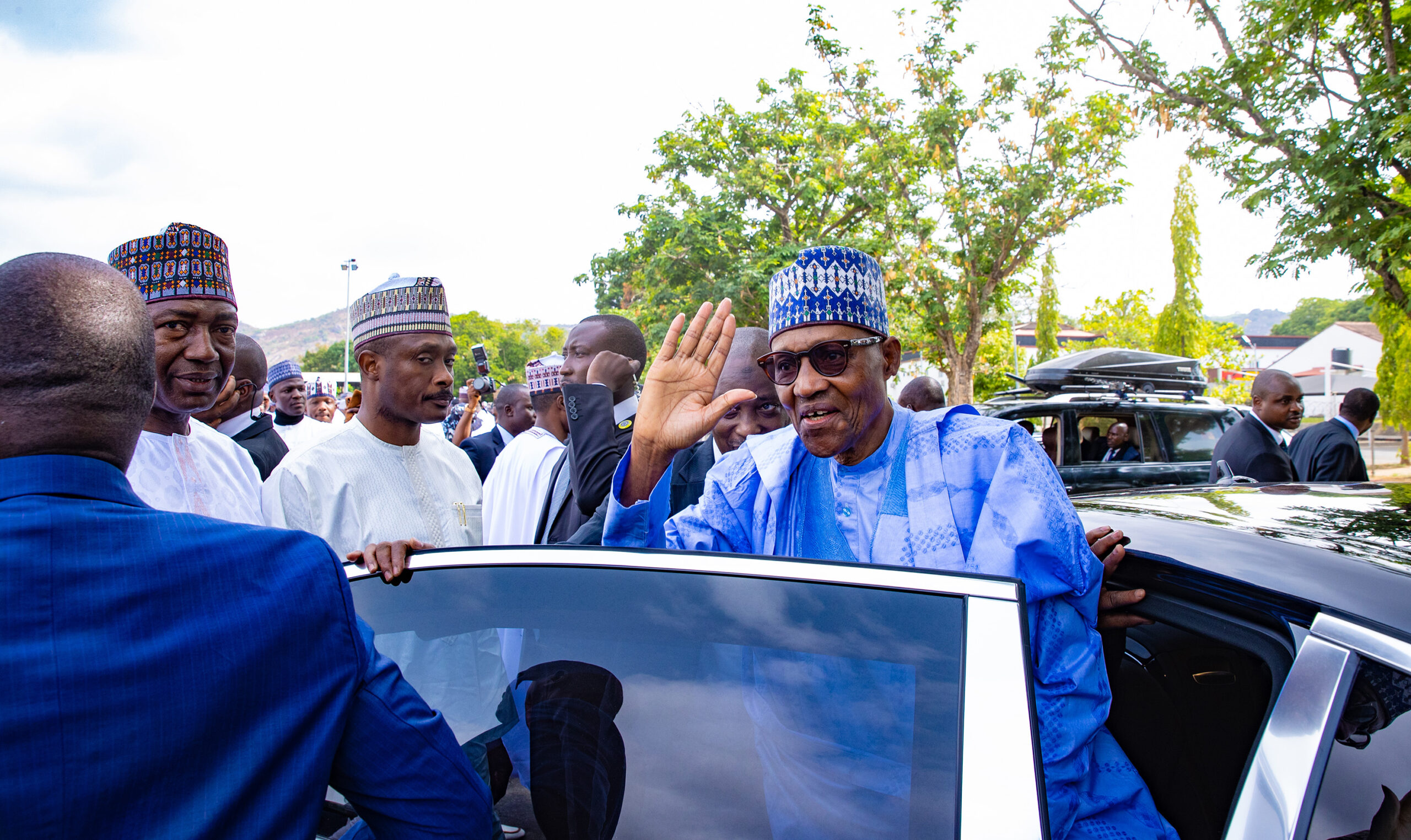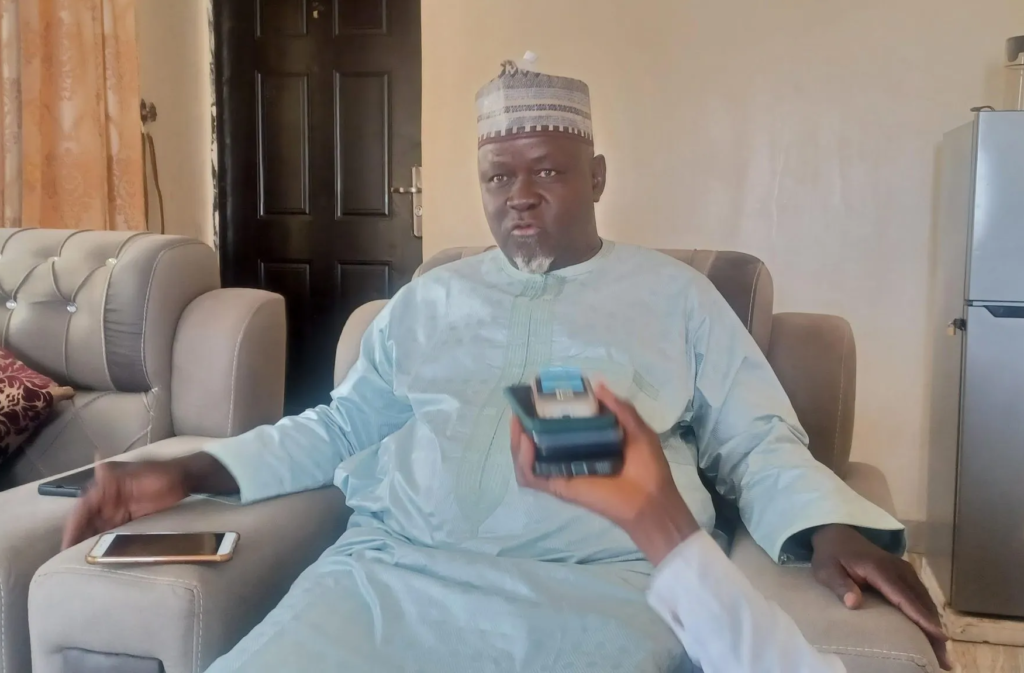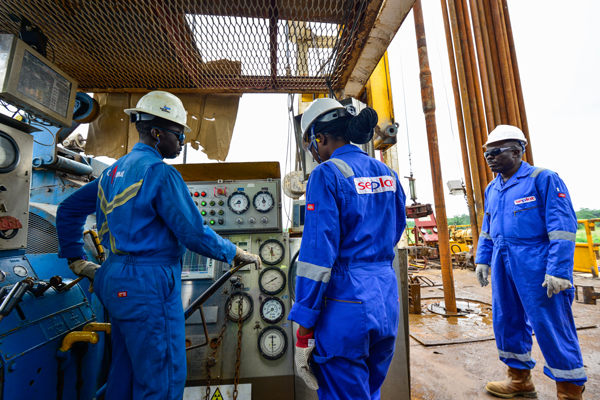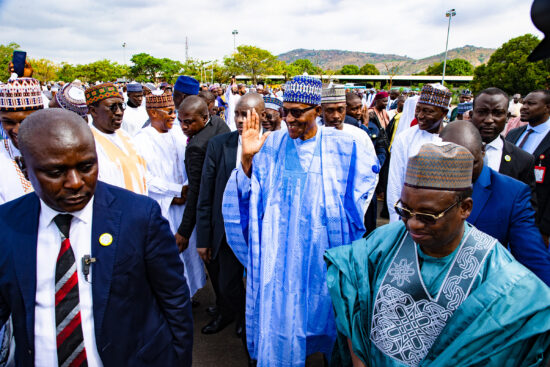If you’ve been living under a rock and just emerged to the raucous debates between supporters of leading politicians, you’d be forgiven for thinking the presidential election was just last weekend.
Nearly two months after the February 25 poll, the ripple effects continue to rip through the country. Claims of stolen mandates have remained a strong mantra among political parties that lost the election while spokespersons and stakeholders are still pitched in a battle of allegations and jibes as ferocious as before the polls.
Bola Ahmed Tinubu of the All Progressives Congress (APC) was declared the winner of the presidential poll, but other political parties have disputed the victory and filed petitions. Although Peter Obi of the Labour Party (LP) finished third in the race, he has largely remained at the heart of the conversation, outshining Atiku Abubakar of the Peoples Democratic Party (PDP) who was second in the election.
Obi’s young, social media-savvy supporters, dubbed ‘Obidients’, have remained vocal and relentless. Despite the criticism of the movement for being mob-like in its approach, it has waxed stronger. The movement’s significant opponents have been none other than the APC faithful and Tinubu loyalists, otherwise known as ‘Batists’.
Advertisement
Both groups have continued to wrestle with each other in a contest of narratives.
Obi had recently enjoined his supporters to bear the attacks they received as a “sacrifice for a new Nigeria”. He urged them not to yield to an alleged plot to demarket the Obidient movement. The Batists, on the other hand, appear determined to match the Obidients’ social media agility. This has led to fiercer political spats and a battle to dominate social media trends.
Here is a timeline of key events that have seen both sides square up against each other in the struggle for the soul of a “new Nigeria”.
Advertisement
ALLEGED CJN-TINUBU MEETING IN LONDON
Barely a month after the presidential election, both groups of supporters kicked off a campaign of allegations and the pendulum of blames swung back and forth.
On March 23, a report began circulating online that Olukayode Ariwoola, chief justice of Nigeria (CJN), had disguised himself in a wheelchair and travelled to London where he was to meet with Tinubu.
Advertisement
The report surfaced shortly after the president-elect had travelled to France.
On social media, allegations of foul play were tabled against the CJN ahead of the presidential election tribunal hearing.
The APC presidential campaign council was the first to refute the report of the purported meeting.
“We refute emphatically that there has been no clandestine meeting between the president-elect and the respected chief justice of our country, anywhere. It’s pure fabricated news, groundless in fact and authenticity,” the campaign council said.
Advertisement
The following day, a video of Ariwoola attending Jumat service in Abuja was released. The short footage showed the CJN using a walking stick as he ambled to the praying ground.
Later that same day, the supreme court denied claims of the secret meeting, adding that the CJN travelled out of Nigeria for medical care and was accompanied by Gambo Saleh, NJC’s secretary.
Advertisement
Many within the APC accused the opposition of coming up with the allegations to disrupt the electoral process.
In response, Jibrin Okutepa, a member of Obi’s legal team, said his client was not behind the news of the alleged meeting between Tinubu and CJN.
Advertisement
He added that “those who are attributing the news which was intended to denigrate the CJN to Mr Obi camp are evil and enemies of Nigeria.”
Advertisement
‘YES, DADDY’
A few days after the CJN controversy, Obi’s camp found itself on the defensive.
On April 2, an audio clip began circulating on social media. In the recording, a voice similar to that of Obi was heard asking Bishop David Oyedepo to speak to the Christians in the south-west and Kwara to vote for him in the presidential poll, describing the election as a “religious war”.
APC supporters latched on to the leaked tape and claimed it was authentic — but Obidients described it as fake.
However, the conversation took a curious turn when Kenneth Okonkwo, a spokesperson of the LP campaign, insinuated that the clip was authentic.
He added that “political criminals are trying to spin the conversation as if the LP candidate was making a religious comment”.
Okonkwo claimed that “Obi was simply urging the Bishop to help him push this message of equal stake of all Nigerians” to Christians because “politicians of the other party are carrying on this campaign as if it is a religious war”.
But in a statement released later that day, Diran Onifade, head of the LP campaign, and Yunusa Tanko, the council’s chief spokesperson, dismissed the audio as a deep fake and accused the APC of trying to demarket Obi.
In his response, Oyedepo said he has never and will not campaign for any political candidate.
However, the cleric neither confirmed nor denied that the conversation took place.
A few days later, Obi later disowned the tape as fake, adding that it was a move by APC “to divert our attention from our blatantly stolen mandate”.
LAI MOHAMMED: OBI, DATTI INVITING INSURRECTION
Amid the “Yes, Daddy” brouhaha and its fallout, the Batists took another swing at Obi and his supporters.
A few weeks prior, Datti Baba-Ahmed, vice-presidential candidate of LP, had said the country has no president-elect.
The LP vice-presidential candidate said Tinubu would lead an unconstitutional government if sworn into office because the APC candidate “has not met requirements of the law”.
His comments elicited widespread criticism from political stakeholders and led to a ripple of reactions.
Reacting to the outburst, Festus Keyamo, minister of state for labour, accused LP of “setting up a scene for rebellion” against the judiciary.
The minister added that Datti was attempting to “blackmail” the judiciary with his interpretation of section 134 (2) 1999 constitution (as amended).
On his part, Femi Fani-Kayode, new media director of the APC presidential campaign council, accused Datti of trying to “pull down democracy” because his party lost the election.
APC also petitioned the National Broadcasting Commission (NBC) to sanction Channels Television for airing the interview, adding that it was not only “divisive, subversive, but also inciting and inflammatory”. The TV station would later be fined N5 million by NBC for the interview.
All these played out amid an announcement by the Department of State Services (DSS) that “some key players” were plotting to install an interim government and stop Tinubu from being inaugurated as president.
The security service said the plot includes embarking on violent protests nationwide to engineer the declaration of a state of emergency and securing frivolous court injunctions to stall the inauguration.
The situation made for a fertile ground for the federal government to point fingers — and soon it did.
On April 4, Lai Mohammed, minister for information, accused Peter Obi, LP presidential candidate, of inciting people to violence over the outcome of the presidential election.
Lai wielded the stick of “treason” to describe the conduct of the LP presidential and vice-presidential candidates. He painted them as “desperate” politicians seeking to incite insurrection.
“This is treason. You cannot be inviting insurrection, and this is what they are doing,” the minister said.
“Obi’s statement is that of a desperate person, he is not the democrat that he claimed to be.
“A democrat should not believe in democracy only when he wins the election.”
However, Edwin Clark, an Ijaw national leader and convener of the Pan-Niger Delta Forum (PANDEF), said Mohammed should be prosecuted for spreading fake news against Obi.
Clark who endorsed Obi before the presidential election added that it is “unpatriotic and wicked” for anyone to accuse the former Anambra governor of inciting insurrection.
CHIMAMANDA AND SOYINKA ON OPPOSITE SIDES
The post-election acrimony spilt from the muddy waters of politics into the often tranquil ivory tower of literature. Wole Soyinka and Chimamanda Ngozi Adichie, two of Nigeria’s literary greats, found themselves on both sides of the divide.
Reacting to the aforementioned interview by Datti, Soyinka said it contained “fascistic language” and also described the remark as a “kind of do-or-die attitude and provocation” that goes contrary to democratic disposition.
Soyinka’s admonition struck the nerve of the Obidients, and social media soon became awash with heated criticism and slurs directed at the Nobel laureate.
In a riposte, Soyinka said Obidients have worn their refusal to accept constructive criticism as a badge of honour.
He maintained that the LP was sowing seeds of fascism and generating a climate of fear.
The Nobel laureate also challenged Datti-Ahmed to a TV debate.
In response, LP accused Soyinka of “criminalising dissent and in fact weighing in on the side of fraud and injustice”.
The party added that Datti-Ahmed would not be debating the Nobel laureate but his “preferred candidate”.
On the flip side of the conversation, Adichie addressed a letter to Joe Biden, the US president, saying the process of the Nigeria presidential election was deliberately manipulated.
She said the election was full of discrepancies and irregularities, which were all shunned by INEC.
Adichie asked Biden to uphold his stance on the need for a true democracy, adding that congratulating Tinubu tarnishes America’s self-proclaimed commitment to democratic processes.
The article by the ‘Americanah’ author was broadly shared on social media by Obi’s supporters.
As expected, the letter met resentment in Tinubu’s camp and before long, missives were flying across social media platforms.
Kenyamo described the article as “worthless”, saying that it “reflects a pathetic colonial mentality”.
Bayo Onanuga accused Adichie of tribalism, adding that the allegations in the piece are a figment of her imagination.
But she never walked alone; Obidents had her back every step of the way.
OBI’S DETENTION AT HEATHROW AIRPORT
The circle of controversy soon returned to the UK. But this time Obi and his supporters were the victims.
On April 12, LP announced that Obi was harassed and detained by London immigration officials over alleged impersonation.
The statement claimed that the presidential candidate was detained at Heathrow Airport after being accosted by an immigration officer.
The party said Obi was questioned for a long time and that it took the intervention of Nigerians for him to be promptly released.
A day later, Adamu Garba, a member of APC, posted a doctored image on Twitter and claimed that the Nigerian government was involved in the release of Obi.
The image was posted with the caption: “Here is how the government of APC helped to recover Peter Obi from his detention cell in the UK over allegations of travelling to the UK with fake documents. All thanks to Abike Dabiri. His campaign is fake, his manifesto fake, his motives fake, even his travel documents are fake. WHY?”
However, UK immigration has remained silent about the incident, and Obi, although yet to make an official statement addressing the matter, recently said he will never “knowingly” break the law.
TINUBU AMONG TIME 100 MOST INFLUENTIAL PEOPLE
On April 13, Tinubu was named in Time Magazine’s list of 100 most influential people for 2023.
Time Magazine’s annual list accords recognition to people “for changing the world, regardless of the consequences of their actions”.
Tinubu is one of the Nigerians on the list alongside Dimie Ogoina, a professor of medicine and infectious diseases at the Niger Delta University, Bayelsa.
The inclusion of Tinubu was heavily criticised on social media – especially by Obidients.
Astha Rajvanshi, the reporter who wrote Tinubu’s citation in the publication, came under fire from critics of Tinubu. The journalist was forced to lock all her social media accounts after a barrage of criticism.
TINUBU’S ‘GUINEAN PASSPORT’
Last weekend, a fresh report surfaced on social media that Tinubu allegedly obtained citizenship of Guinea, a West African country.
The claim added that the dual-citizenship disqualifies the president-elect from being sworn into office on May 29.
The report cited Section 137 (1)(a) of the 1999 constitution which states that: “A person shall not be qualified for election to the office of President if — subject to the provisions of section 28 of this Constitution, he has voluntarily acquired the citizenship of a country other than Nigeria or, except in such cases as may be prescribed by the National Assembly, he has made a declaration of allegiance to such other country.”
Speaking on the allegation, Babatunde Fashola, minister of works and housing, said he was not aware whether Tinubu has dual citizenship.
“I know he carries a Nigerian passport. I don’t know about dual citizenship. I know he resided abroad when he went into exile,” he said.
“I don’t know if they gave him American citizenship. What does that have to do with the results of the election? The last time I checked, I think the Nigerian constitution allows you to have dual citizenship. Doesn’t it?”
Subsequently, the minister came under fire on Twitter, with critics comparing his time as Lagos governor to Obi’s tenure as Anambra governor.
What’s next from the camps of the Obidients and Batists? You can safely hold your breath; you won’t have to wait too long.
Add a comment
